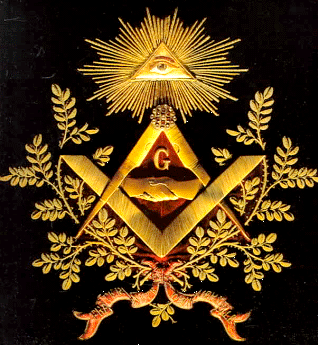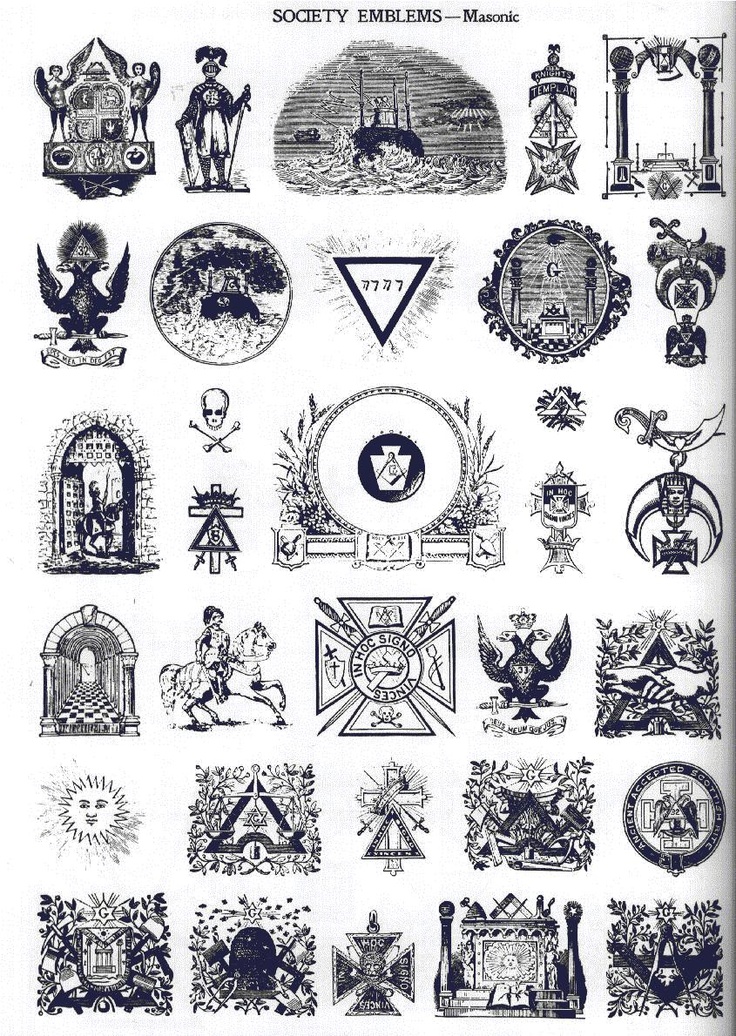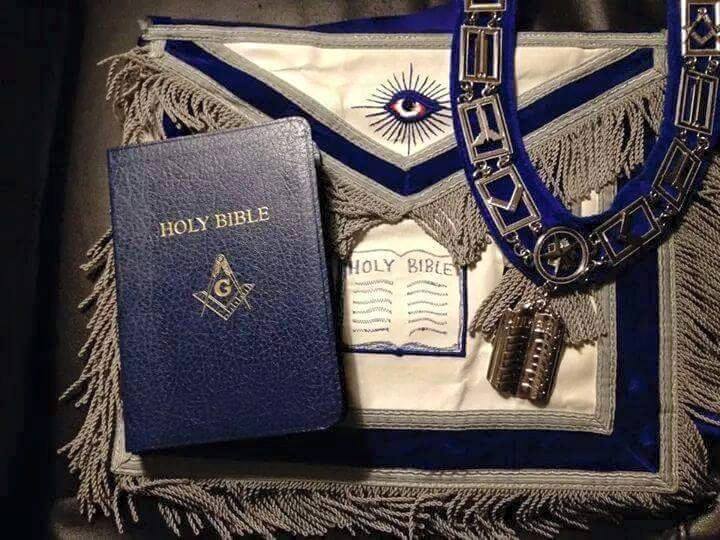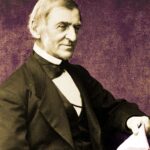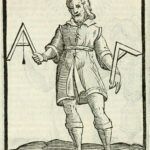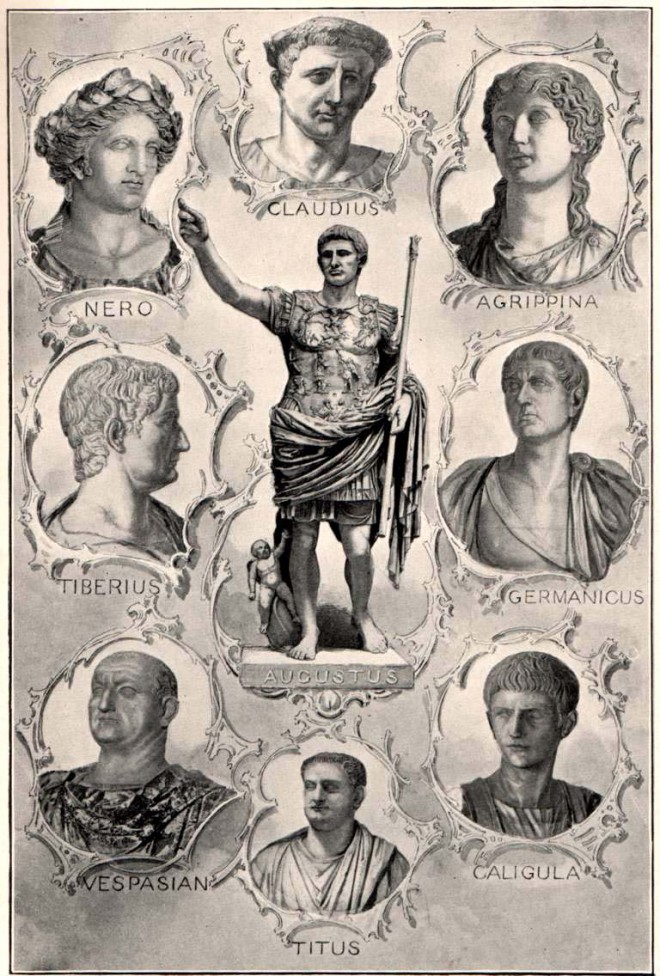“Why may we not adore and worship with God, apart from danger, anything whatsoever of this world; for God is in it according to His essence . . . [This is precisely what the Pantheist and Hindu philosophy maintains.] and preserves it continually by His power; and when we bow down ourselves before it and impress it with a kiss, we present ourselves before God, the author of it, with the whole soul, as unto the prototype of the image [follow instances of relics, etc.] . . . . To this we may add that, since everything of this world is the work of God, and God is always abiding and working in it, we may more readily conceive Him to be in it than a saint in the vesture which belonged to him. And, therefore, without regarding in any way the dignity of the thing created, to direct our thoughts to God, while we give to the creature the sign and mark of submission by a kiss or prostration, is neither vain nor superstitious, but an act of the purest religion.”
A precept this, which, whether or not doing honor to the Christian Church, may at least be profitably quoted by any Hindu, Japanese, or
Page 361
other heathen when rebuked for his worship of idols. We purposely quote it for the benefit of our respected “heathen” friends who will see these lines.
The prophecy of Hermes is less equivocal than either of the alleged prophecies of Isaiah, which have furnished a pretext for saying that the gods of all the nations were demons. Only, facts are stronger, sometimes, than the strongest faith. All that the Jews learned, they had from older nations than themselves. The Chaldean Magi were their masters in the secret doctrine, and it was during the Babylonian captivity that they learned its metaphysical as well as practical tenets. Pliny mentions three schools of Magi: one that he shows to have been founded at an unknown antiquity; the other established by Osthanes and Zoroaster; the third by Moses and Jambres. And all the knowledge possessed by these different schools, whether Magian, Egyptian, or Jewish, was derived from India, or rather from both sides of the Himalayas. Many a lost secret lies buried under wastes of sand, in the Gobi Desert of Eastern Turkestan, and the wise men of Khotan have preserved strange traditions and knowledge of alchemy.
Baron Bunsen shows that the origin of the ancient prayers and hymns of the Egyptian Book of the Dead is anterior to Menes, and belongs, probably, to the pre-Menite Dynasty of Abydos, between 3100 and 4500 B.C. The learned Egyptologist makes the era of Menes, or National Empire, as not later than 3059 B.C., and demonstrates that “the system of Osirian worship and mythology was already formed” before this era of Menes.
We find in the hymns of this scientifically-established pre-Edenic epoch (for Bunsen carries us back several centuries beyond the year of the creation of the world, 4004 B.C., as fixed by biblical chronology) precise lessons of morality, identical in substance, and nearly so in form of expression, with those preached by Jesus in his Sermon on the Mount. We give the authority of the most eminent Egyptologists and hierologists for our statement. “The inscriptions of the twelfth Dynasty are filled with ritualistic formulae,” says Bunsen. Extracts from the Hermetic books are found on monuments of the earliest dynasties, and “on those of the twelfth (dynasty) portions of an earlier ritual are by no means uncommon. . . . To feed the hungry, give drink to the thirsty, clothe the naked, bury the dead . . . formed the first duty of a pious man. . . . The doctrine of the immortality of the soul is as old as this period” (Tablet, Brit. Mus., 562).
Page 362
And far older, perhaps. It dates from the time when the soul was an objective being, hence when it could hardly be denied by itself; when humanity was a spiritual race and death existed not. Toward the decline of the cycle of life, the ethereal man-spirit then fell into the sweet slumber of temporary unconsciousness in one sphere, only to find himself awakening in the still brighter light of a higher one. But while the spiritual man is ever striving to ascend higher and higher toward its source of being, passing through the cycles and spheres of individual life, physical man had to descend with the great cycle of universal creation until it found itself clothed with the terrestrial garments. Thenceforth the soul was too deeply buried under physical clothing to reassert its existence, except in the cases of those more spiritual natures, which, with every cycle, became more rare. And yet none of the pre-historical nations ever thought of denying either the existence or the immortality of the inner man, the real “self.” Only, we must bear in mind the teachings of the old philosophies: the spirit alone is immortal — the soul, per se, is neither eternal nor divine. When linked too closely with the physical brain of its terrestrial casket, it gradually becomes a finite mind, a simple animal and sentient life-principle, the nephesh of the Hebrew Bible.

Moe is the founder of GnosticWarrior.com. He is a father, husband, author, martial arts black belt, and an expert in Gnosticism, the occult, and esotericism.


